The Future of Esports: A Look into the Growing Phenomenon
SOURCE: HTTPS://GAMEISHARD.GG/
OCT 16, 2023
17 common PC gaming terms all beginners need to know
SOURCE: INDIANEXPRESS.COM
DEC 13, 2021
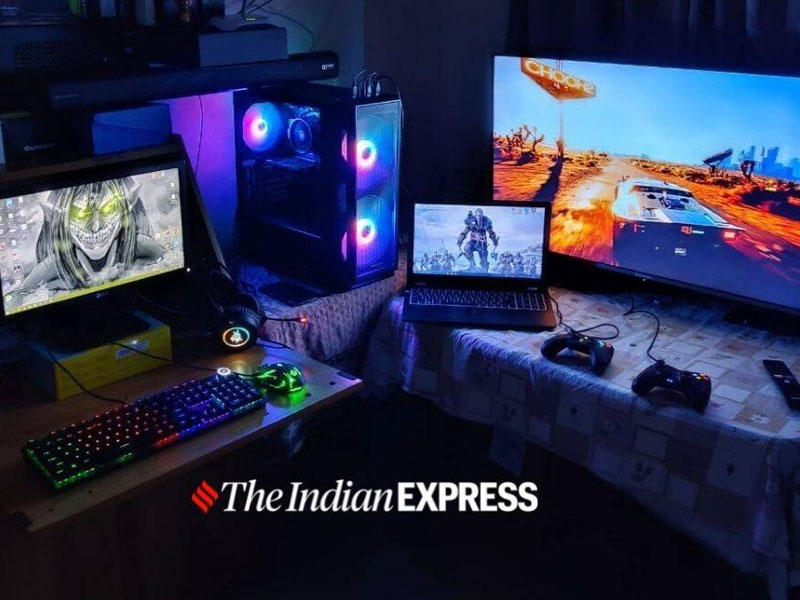
Here's a simplified guide to basic PC gaming terminologies.
For someone who is just getting into gaming, be it as a hobby or a future job opportunity, things can seem quite intimidating at first. In online multiplayer games, especially, where you’re forced to communicate and exchange information quickly, you could encounter a lot of technical words and phrases that sound foreign. So, we have compiled a list of commonly used gaming terms and simplified them for your understanding.
Possibly the most common term, the abbreviation AFK stands for “away from keyboard.” This could be used to inform your teammates that you are temporarily taking a step away from your session (example – loo break) or to signify that a certain player is not actively playing. Internet disconnections for example can also cause an AFK situation, where the player is unable to take control of their character.
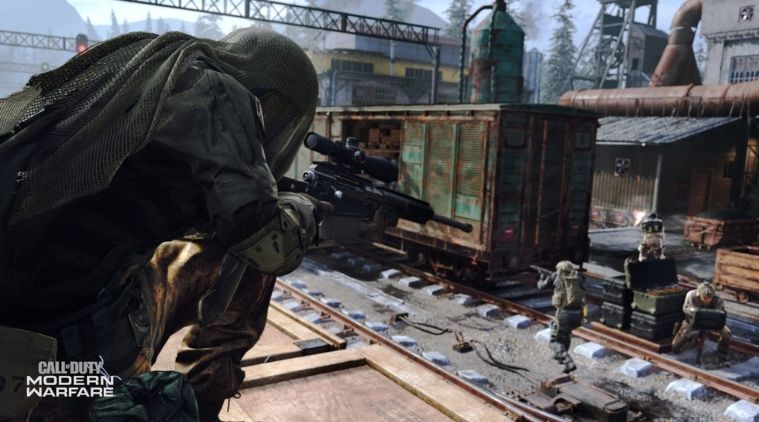
In online shooters, you’re supposed to run around the map and hunt for kills. But occasionally, you might encounter a player or two that prefer sitting in a well-hidden spot on the map and waiting for the enemies the walk before their sightlines. Once they do, they instantly get a kill and continue using the same brainless strategy throughout the game. The people who do this are referred to as campers.
In the gaming space, FPS can be used to refer to multiple things. As a genre, it stands for first-person shooters, where you see the game through the character’s eye level. Their arms and weapons are visible on the lower half of the screen, and you mostly never see their face. Example – Counter-Strike: Global Offensive and Halo Infinite.
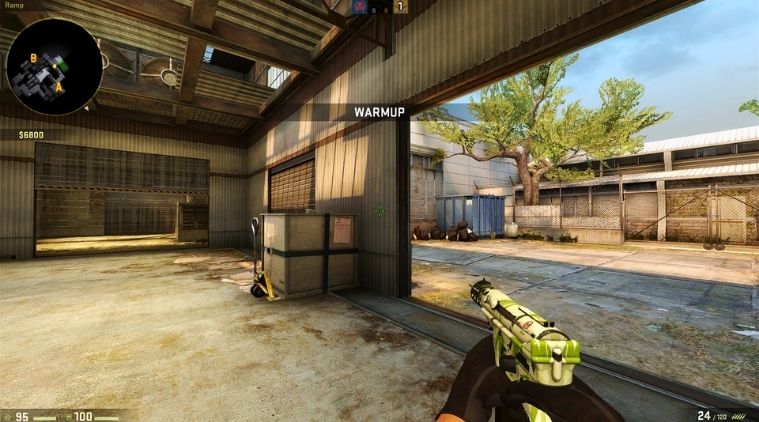
On the technical side, FPS means “frames per second,” which denotes how smoothly a game is running. Anything below 30fps is considered choppy, while anything beyond 60fps is considered peak performance.
In a third-person shooter, your character’s entire body is visible on-screen. The game camera is usually placed at a point slightly above and behind the character.
A field of view is the maximum angle of the observable world your eyes can see. Anything in front of you is within your FOV, while anything beyond your peripheral vision cannot be seen. In games, you can change your FOV setting based on your preference.
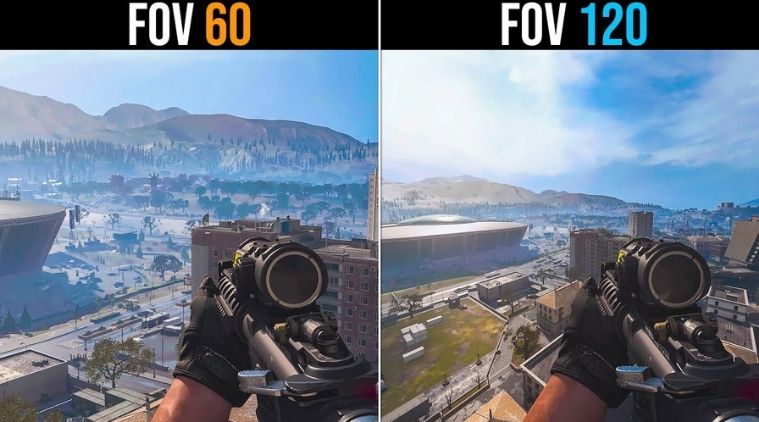
The higher your FOV, the more your eyes can see and process, but it also puts a strain on your graphics card. If you set it to a lower degree, your field of vision will be constricted, and hence less information processing.
Triple-A is generally referred to titles that are built by big studios such as EA or Square Enix. These games are usually regarded for their high-quality presentation, heavy marketing, and large budgets teeming with a big team of talented developers. Games like FIFA, Call of Duty, and Assassin’s Creed are great examples of such games. On the other hand, “indie” refers to small game studios that have a limited budget and less access to resources.
Any content that comes packaged separately from the main game is deemed as “downloadable content.” Usually, these include new missions, cosmetics, items, special rewards, characters, and more. In most cases, DLCs come at a price, but several companies have started handing them out for free. Some developers also allow you to purchase an entire group of DLCs in one go. Dubbed “Season Pass,” the collection is made available to purchase long after all the DLCs have been released.
Games as a Service is a business model where companies can offer games or other content in exchange for recurring monetary gain. Basically, every time a new update is released, you will have to pay for it to work.
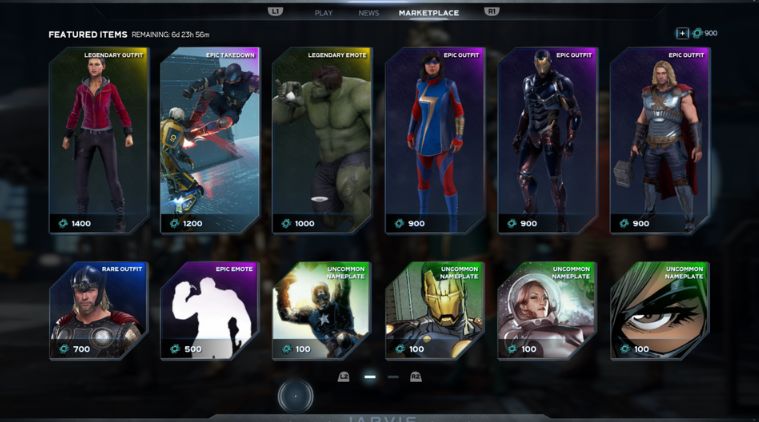
As the definition suggests, the titles are “served” to players rather than being sold. Square Enix’s 2020 title, the Avengers game is a great example, where every new skin and item had to be paid for before being used, leading to bad critical reception.
Non-playable characters are the random AI-controlled personalities that you meet in a game. They cannot be controlled by the player and have preset behaviour and functions. Some of them can be interacted with, giving you new missions, weapons, or items.
A smurf is referred to as a highly-skilled player who creates a secondary account to play against lower-ranked players. This could be done as an enjoyable pass time or to ruin other people’s matches by manipulating the matchmaking system.
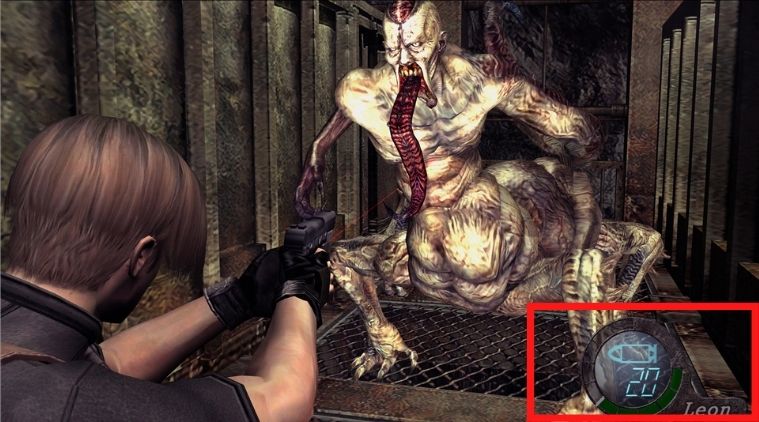
The heads-up display refers to the method by which information is visually relayed to the player. Anything within your game’s user interface such as health bars, ammunition count, minimap, or objective pointers are all part of the HUD. Some smartphone games like PUBG: Mobile also lets you drag and move around these on-screen elements to suit your playstyle.
An abbreviation for “damage per second,” DPS is a measure of how much damage a weapon or attack inflicts onto an opponent. The higher your DPS, the more damage you output.

In games like Overwatch or League of Legends, DPS could also refer to champion classes. In these types of games, you have the burly tank heroes, the healers, and the nimble DPS heroes that are geared towards causing heavy damage.
Hitscans are referred to as weapons or hero classes that cause instant damage upon hitting the fire button. Firearms or laser shooters are great examples since their bullets/magazine travels at high velocities. Projectile weapons such as a bow and arrow or a grenade launcher take a few seconds to inflict damage after clicking. They are slower in comparison.
In online shooters, you might have experienced a situation where you clearly shot a person in the face, but they didn’t die or take any form of damage. This is a hit registration issue, where the game’s server is unable to read or process information at a given point in time. In online gaming, this error is referred to as No Reg or “no registration,” and is mainly caused due to slow internet connections or server overloading.
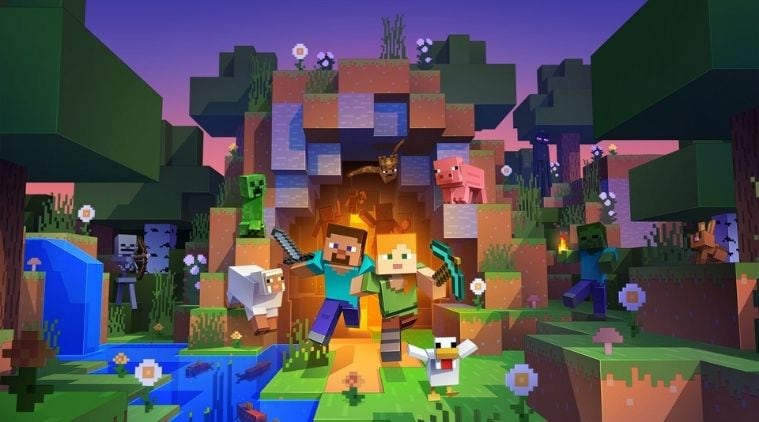
A Sandbox is a style or genre of games that give the player a massive degree of creativity. With no set objectives, players are free to roam around the map, create new items, and even edit the existing ones in the world. Games like Minecraft, Roblox, and the new Hitman series of games are good examples.
One of the most annoying mechanics to be added in online shooters, RNG stands for “random number generator.” It’s an in-built algorithm that randomly generates events, items, or numbers every play session, causing unpredictable behaviour. When used in the right way, for example, in a survival horror game, the mechanic adds an element of surprise and uncertainty.
However, some developers inject this algorithm into shooters, where the algorithm deeply affects your chances of landing a critical hit. This is why, in FPS games like Apex Legends, shooting someone’s legs tends to cause more damage than hitting their torso.
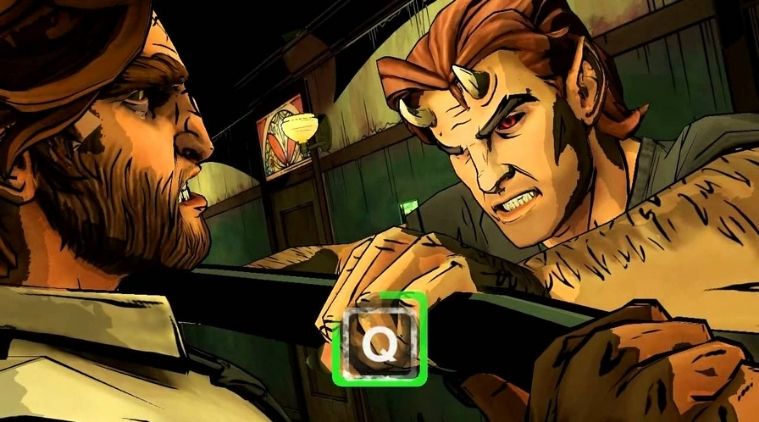
In story-based games, a “quick-time event” is a segment where the cutscenes and gameplay converge to give an interactive experience. During these events, players will be prompted to hit a specific set of buttons to perform actions in-game.
LATEST NEWS
WHAT'S TRENDING


Data Science
5 Imaginative Data Science Projects That Can Make Your Portfolio Stand Out
OCT 05, 2022

SOURCE: HTTPS://GAMEISHARD.GG/
OCT 16, 2023
SOURCE: HTTPS://AFKGAMING.COM/
SEP 26, 2023
SOURCE: HTTPS://NEWS.CUMBRIA.AC.UK/
SEP 26, 2023
SOURCE: HTTPS://GEEKSPIN.CO/LENOVO-LEGION-GO/
SEP 01, 2023
SOURCE: WWW.GAMESPOT.COM/
AUG 22, 2023
SOURCE: HTTPS://TECH.HINDUSTANTIMES.COM/
AUG 16, 2023
SOURCE: HTTPS://WWW.SCIENCEDAILY.COM/
AUG 08, 2023